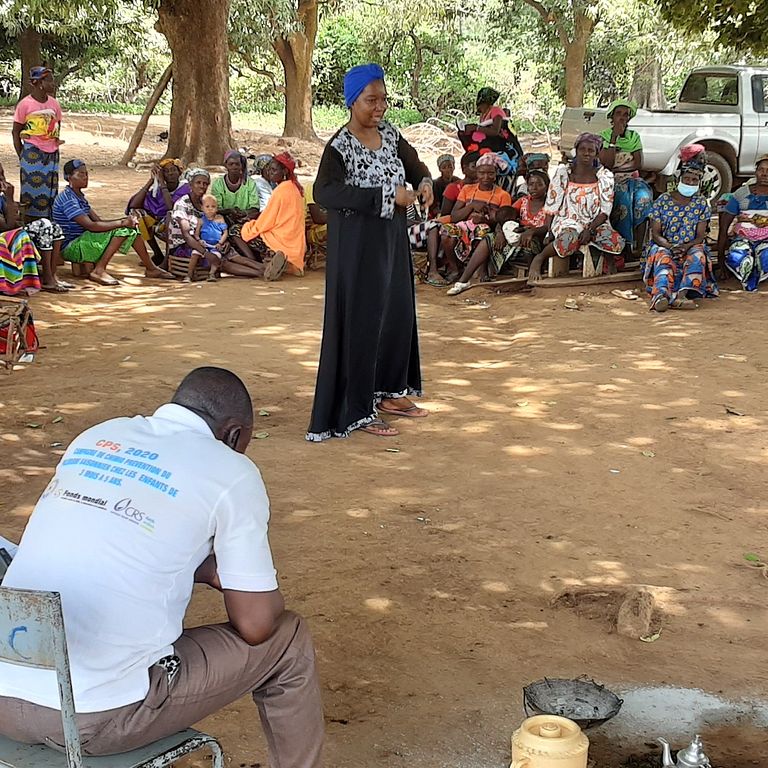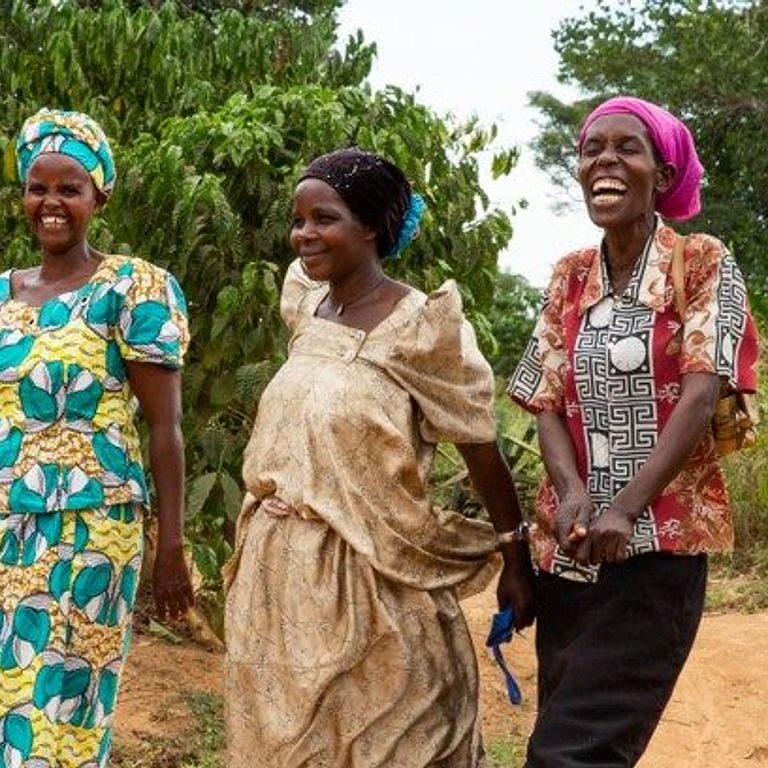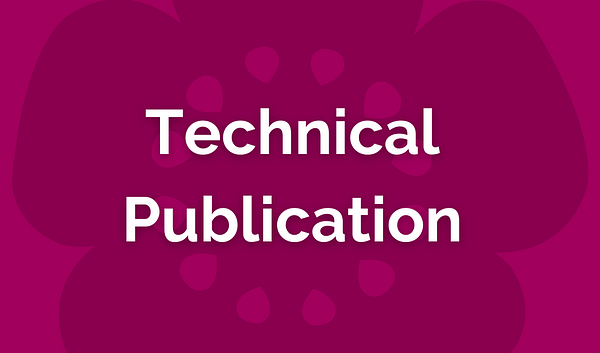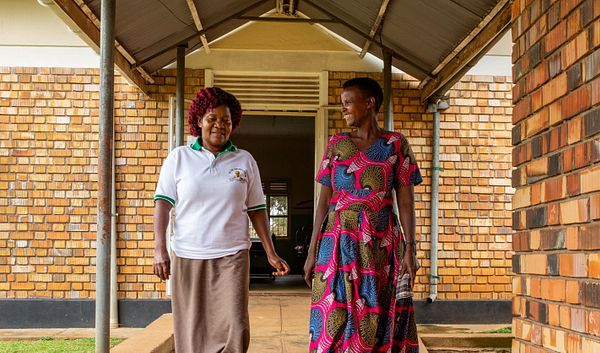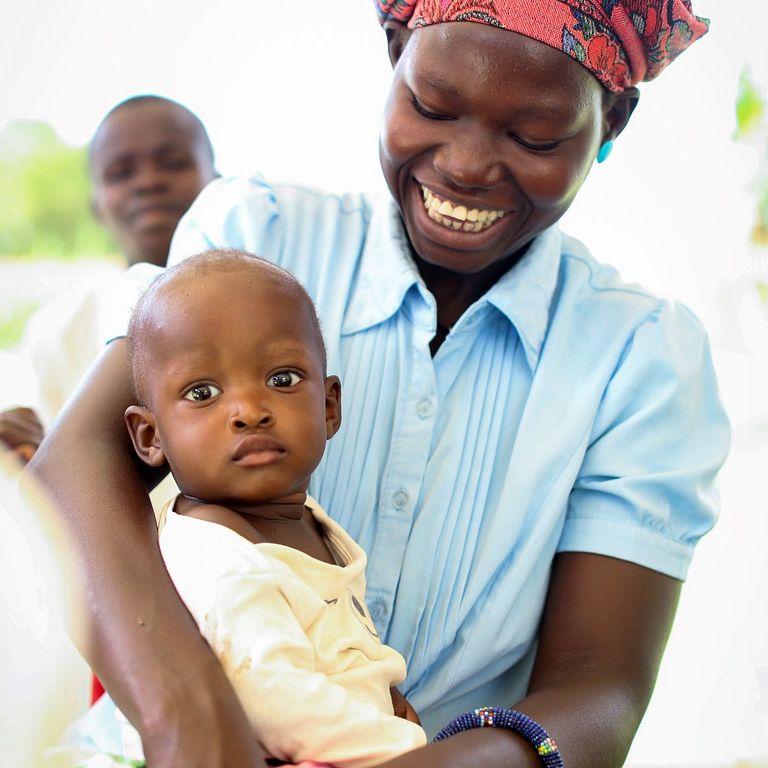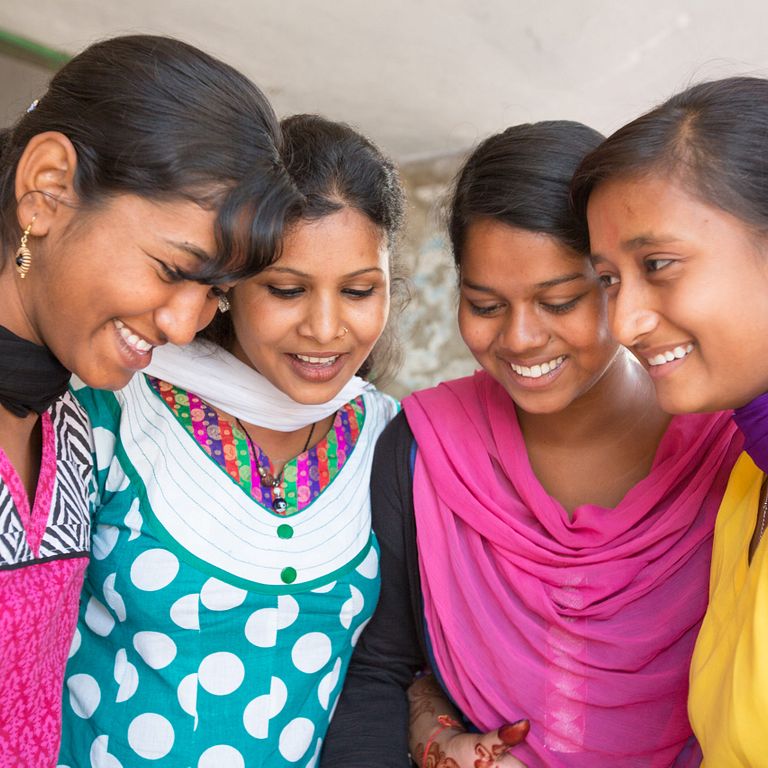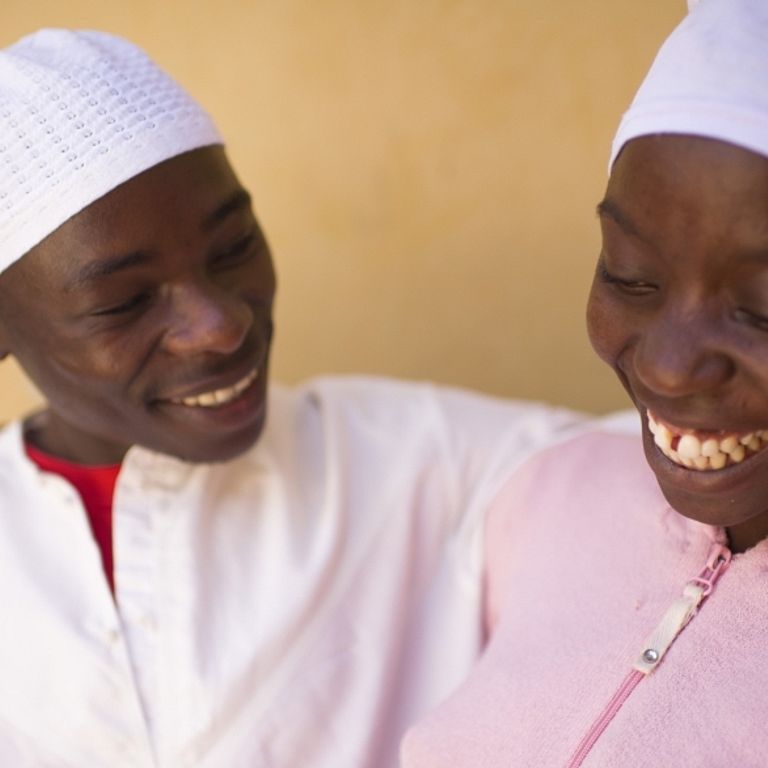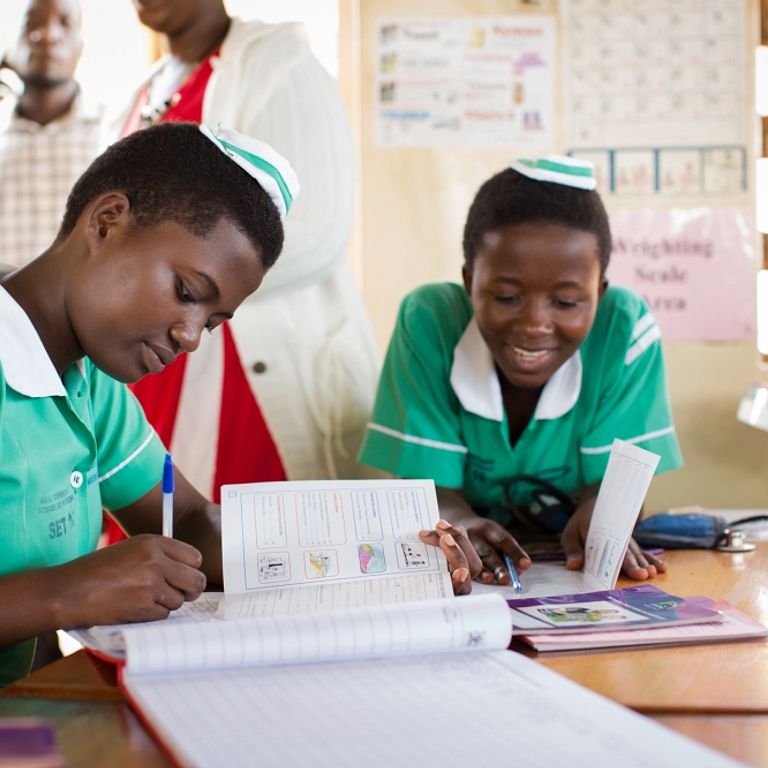Mali
Mali is a landlocked country in West Africa where over 60% of its estimated 19.6 million people are under the age of 25.
The modern contraceptive prevalence rate for all women ages 15 to 49 is 16.3%. The maternal mortality ratio is 325 deaths per 100,000 live births. Of women ages 15 to 49, 45.1% have experienced physical or sexual violence
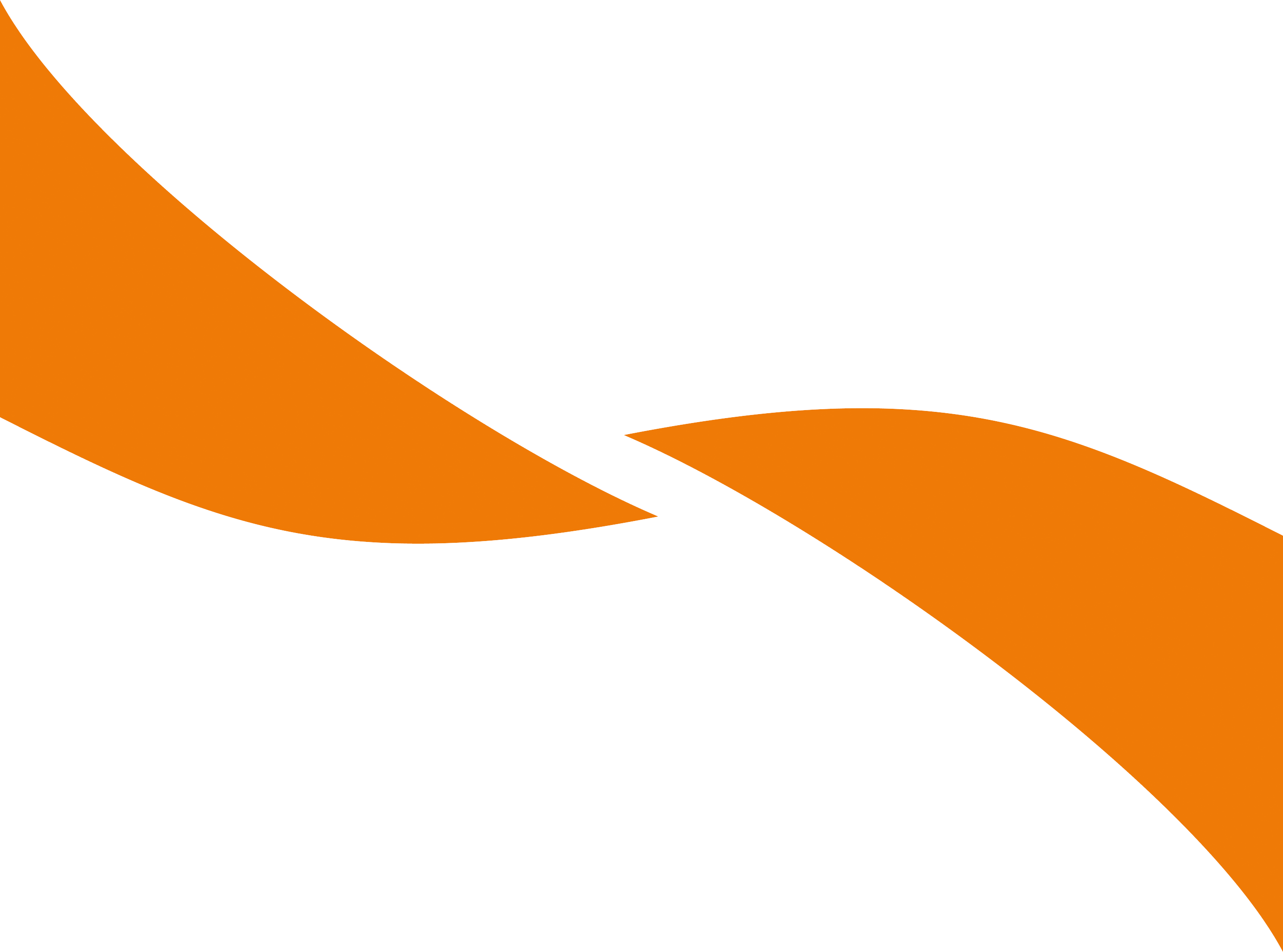
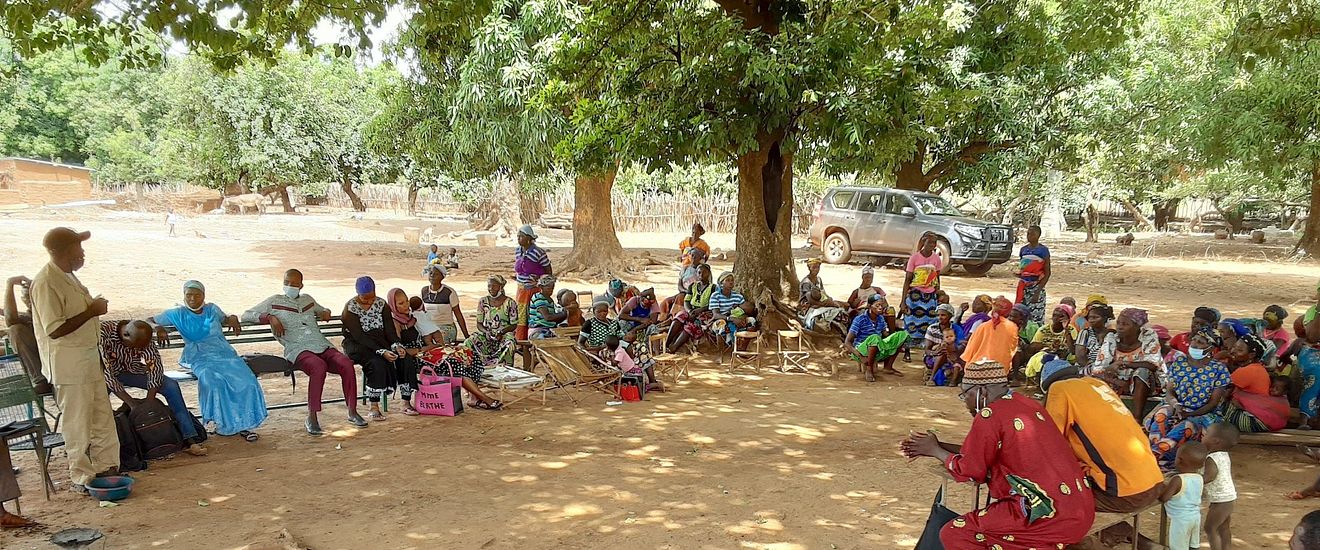
Our Work in Mali
Since 2016, EngenderHealth has worked in Mali to address health system challenges—such as insufficient access to high-quality healthcare, supply shortages, and lack of trained facility and community health workers—that contribute to poor public health outcomes. We also work to improve public sector governance, coordination of health investments, and community ownership (planning, financing, and managing) of health programs.
Under the leadership of University Research Council, as part of the Mali Household and Community Health Activity, EngenderHealth is working to provide a sustainable package of essential community-based health services in the Mopti, Sikasso, and Segou regions of Mali. The program aims to increase access to family planning (FP) services by strengthening individuals’ health-seeking behaviors while also engaging communities and community organizations to reduce cultural barriers to health services. EngenderHealth is leading the integration of FP and gender, youth, and social inclusion into existing health services through this USAID-funded program. Our approach includes addressing gender imbalances and the special needs of young people, improving community health workers’ understanding of and response to clients’ perspectives, and enhancing community ownership and oversight to hold providers accountable.
EngenderHealth also leads the MOMENTUM Safe Surgery in Family Planning and Obstetrics program, which builds on and expands our decades-long work and leadership in identifying and addressing the causes of obstetric fistulas through our Fistula Care and Fistula Care Plus programs. IntraHealth International, one of our core implementing partners in the project consortium, directly manages program activities in Mali. The program works with the government to improve the ability of Malian institutions and organizations to provide safe emergency surgical obstetric care as well as prevent and treat obstetric fistula. The program also aims to expand access to quality FP care, including FP counseling, postpartum FP, and services for long-acting reversible contraceptives and permanent methods.
Our Partners in Mali
- Association Malienne pour le Développement Communautaire
- Center for the Promotion of Human Rights and Development in Africa
- Corus
- ONG Jigi
- University Research Council
- Viamo
- YA-G-TU
